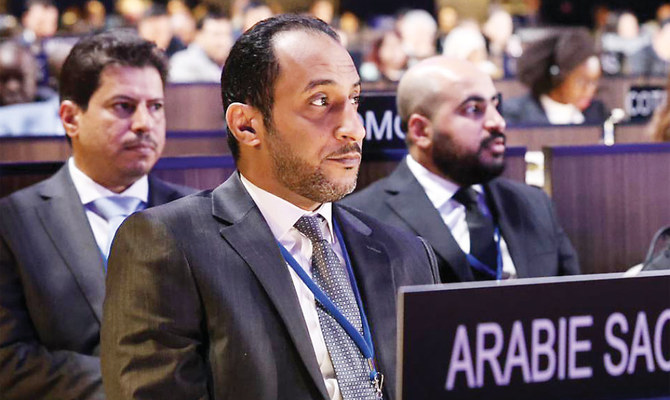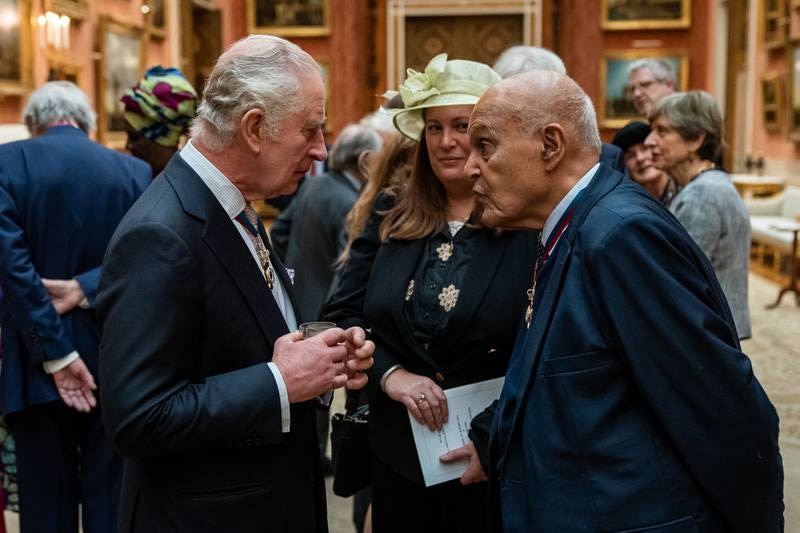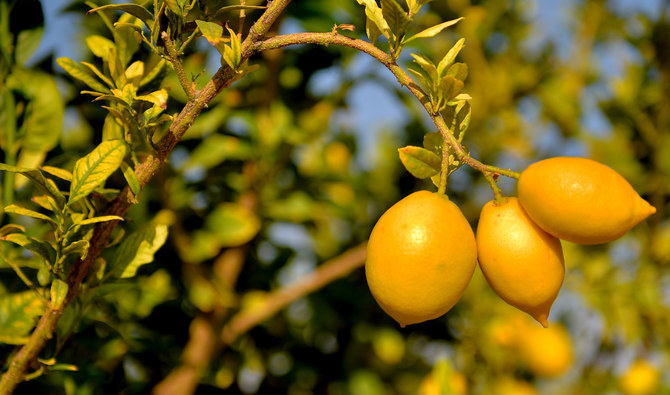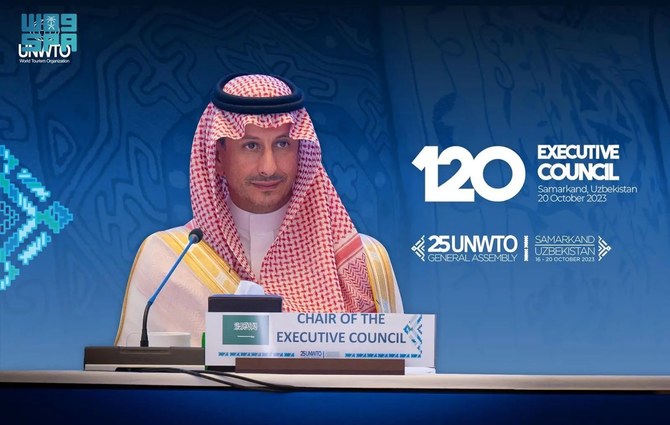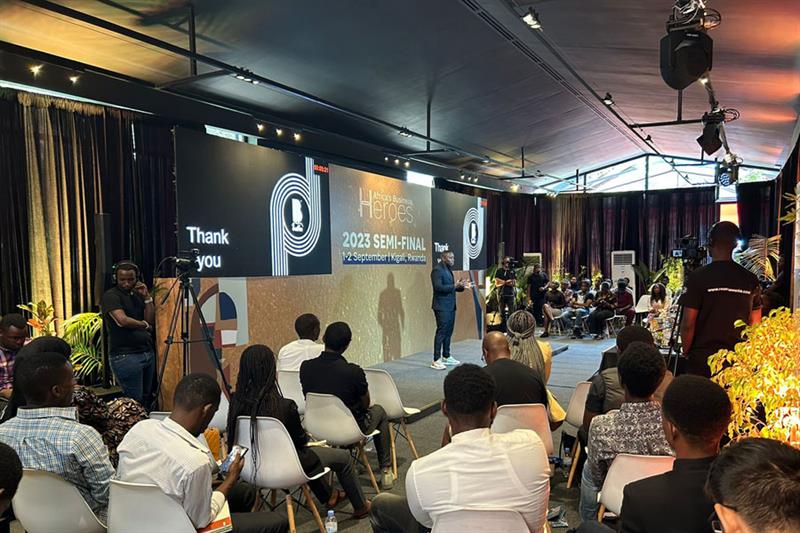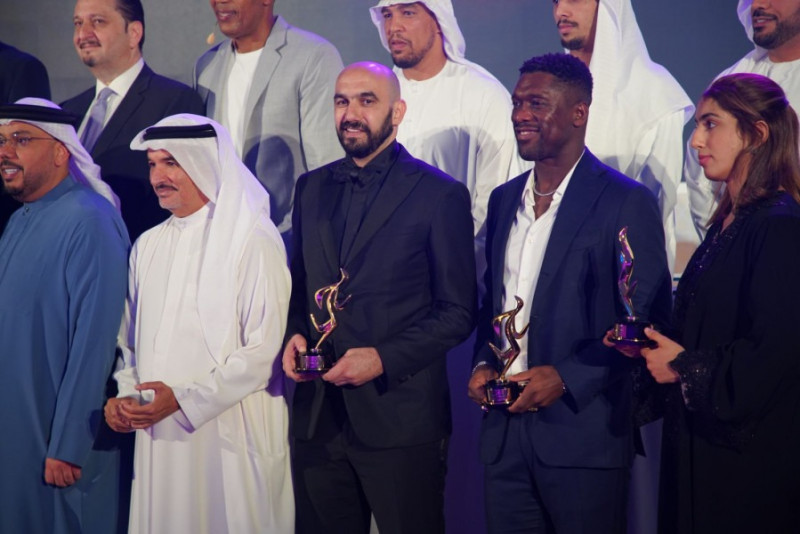A year after learning to speak English, Amineh Abou Kerech has won this year’s Betjeman prize. She tells us how she found her voice.
I take words from anywhere,” says Amineh Abou Kerech, moments after winning the 2017 Betjeman poetry prize for 10- to 13-year-olds last week. “I take them from songs and films, from what I see on the computer or the television. And I put them all together.”
She makes it sound so simple. It’s anything but, according to her older sister Ftoun, who is smiling at Amineh across a pub table in London’s St Pancras station. “She sits in her bedroom all the time and practises, practises.”
Amineh, who was born in Syria 13 years ago, nods. She started writing poems during the four years her family spent in Egypt, but since moving to England last summer, with a new language to master and a new culture to get to grips with, she has been working doubly hard on her verses.
Her prizewinning poem, Lament for Syria , was written half in English, half in Arabic, and translated fully into English with help from her sister, her teacher and Google Translate. At the prizegiving, which took place on National Poetry Day last Thursday, next to the statue of John Betjeman at St Pancras, she read the first part of it in English before switching to Arabic at the words “I am from Syria.”
Amineh was eight when they left. The civil war had begun a year earlier, in 2011, sparked by the Arab spring and kindled by disaffection towards the Assad regime. Her family lived in Darayya, a Damascus suburb known as a centre of anti-government protest. When violence flared up, Amineh’s parents Tammam and Basmeh fled the city with their young family. They moved around for a year, sleeping wherever they could find shelter, until remaining in Syria was no longer viable and they escaped to Egypt.
“In Syria, all the time we were scared,” says Amineh. When they settled in Cairo, despite the fact that her family had lost everything (her father had owned a shop in Damascus selling fabric) and were living in the most basic conditions, Amineh’s fear abated. She began writing poetry, she says, as a way of putting her dislocation into words. “When I remember my Syria I feel so sad and I cry and start writing about her.” She tells me she doesn’t remember the country very well, though her poem suggests otherwise: it is, she writes, “a land where people pick up a discarded piece of bread / So that it does not get trampled on … a place where old ladies would water jasmine trees at dawn.”
After four years, the family moved to England as refugees, settling in Oxford where Amineh and her two siblings – Ftoun, 14, and Mohammad, 11 – now go to school. At Oxford Spires, a multicultural academy in the east of the city where more than 30 languages are spoken, the two sisters joined a workshop led by the Iraqi poet Adnan Al-Sayegh. That’s where they met Scottish author Kate Clanchy, the school’s writer-in-residence since 2009, who has been nurturing Amineh and Ftoun’s talents at weekly classes.
When I speak to Clanchy at the prizegiving, she marvels that Amineh has been speaking English for only a year. “Some of my most amazing writers lost a language at an early age,” she says, “in the sense that they arrive suddenly in England and are no longer able to tell stories and make themselves powerful in that way. It can turn them in on themselves. But I also think they have a special capacity at that age to produce really unusual rhythms and sounds in English, which makes them into really interesting poets.”
This year’s judges, the poet Rachel Rooney and Observer cartoonist Chris Riddell (until recently, children’s laureate), agree that Amineh’s poem stood out from more than 2,000 entries, drawn from schools across the UK and the Republic of Ireland. “I found it really moving,” says Rooney. “It was passionate and complex. She was asking: ‘How can I do myself justice through a poem? How can I create a homeland on paper?’ And then she was actually doing it. Amazing.”
“It addresses a contemporary issue that’s been breaking all our hearts,” adds Riddell. “It has a solemnity to it, but also the profound view that you get through a child’s eyes. It stands up as a poem, in any context.”
Though it’s named after a most English poet, the Betjeman prize has been showcasing diverse voices since it was set up in 2006. The perspective here is global – one of Amineh’s fellow finalists, 10-year-old Shanelle Furtado, evokes her grandparents’ home in Mangalore in six vivid haikus – and it shows that adults are not the only ones with important and timely things to say.
Speaking before the winner is announced, its director (and Betjeman’s granddaughter) Imogen Lycett Green makes a case for poetry’s importance in an uncertain world. “Poets are in the fringes of society, they’re not in the establishment,” she says. “They look at events, at lives, at love and at themselves from a sideways position. And in glancing from the side, the truth can sneak in. If adult poets are seeking the truth, I think children who are burgeoning writers are even closer to the truth.”
When her poem won, Amineh looked stunned, then buried her head in her hands and wept. A moment later, as her family gathered round to congratulate her, she was beaming.
“It’s a surprise for me, like a dream,” her father tells me afterwards. He never imagined his daughter winning a prize like this: poetry doesn’t run in the family. “I used to write simple things, but after the war, after the hard time that we had, we didn’t think that we needed to write anything,” he says. “We survived.”
At the end of her poem, Amineh asks, “Can anyone teach me / how to make a homeland?” Although the future of her birthplace remains gravely uncertain, there are consolations to be had in her new home. “I feel so happy here because I have a future and things won’t be scary any more,” she tells me. “Everything will be good,” she adds, “and we will always be in peace.”
Lament for Syria by Amineh Abou Kerech
Syrian doves croon above my head
their call cries in my eyes.
I’m trying to design a country
that will go with my poetry
and not get in the way when I’m thinking,
where soldiers don’t walk over my face.
I’m trying to design a country
which will be worthy of me if I’m ever a poet
and make allowances if I burst into tears.
I’m trying to design a City
of Love, Peace, Concord and Virtue,
free of mess, war, wreckage and misery.
Oh Syria, my love
I hear your moaning
in the cries of the doves.
I hear your screaming cry.
I left your land and merciful soil
And your fragrance of jasmine
My wing is broken like your wing.
*
I am from Syria
From a land where people pick up a discarded piece of bread
So that it does not get trampled on
From a place where a mother teaches her son not to step on an ant at the end of the day.
From a place where a teenager hides his cigarette from his old brother out of respect.
From a place where old ladies would water jasmine trees at dawn.
From the neighbours’ coffee in the morning
From: after you, aunt; as you wish, uncle; with pleasure, sister…
From a place which endured, which waited, which is still waiting for relief.
*
Syria.
I will not write poetry for anyone else.
*
Can anyone teach me
how to make a homeland?
Heartfelt thanks if you can,
heartiest thanks,
from the house-sparrows,
the apple-trees of Syria,
and yours very sincerely.
source/content: theguardian.com (headline edited)
_____________

‘I feel so happy here because I have a future’: Amineh Abou Kerech. Photograph: Antonio Olmos / The Observer
___________
SYRIA

